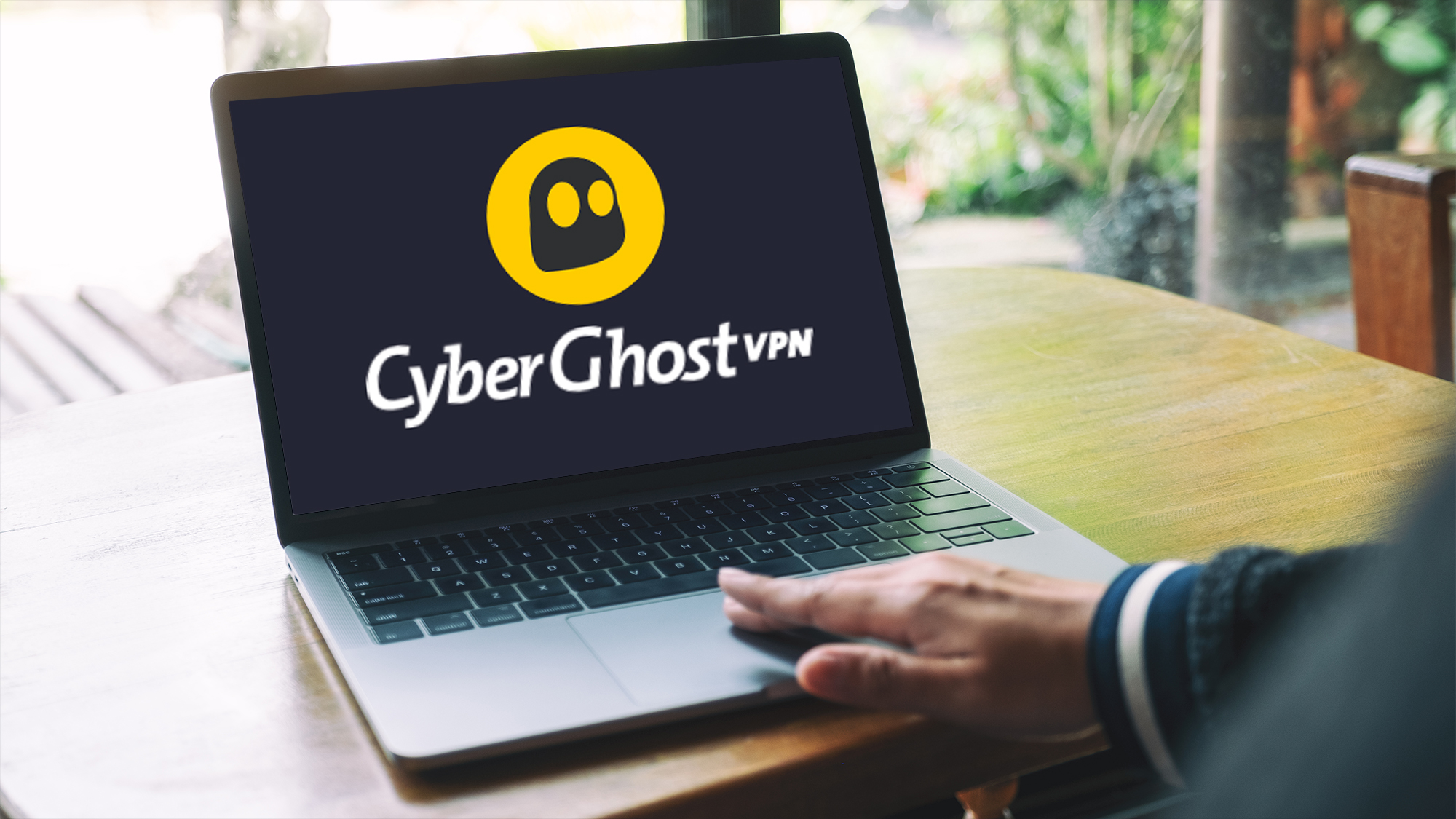
CyberGhost is a veteran of the VPN scene with a dedicated user base – and not just because of its incredibly adorable mascot. It gets the basics right but, as you might’ve noticed, it doesn’t feature in our overall ranking of today’s best VPNs.
Why’s that? Well, it’s a competitive industry, and the constant threat of novel cyberattacks means VPNs are always innovating and developing new tools, and our rankings shift accordingly. Currently, we think our top 5 VPNs offer more for your money than CyberGhost.
Things aren’t set in stone, however, and CyberGhost could stage a glorious return to our top 5 in the rapidly approaching New Year. As someone who's worked with VPNs for years, I've seen what works and how providers can improve. So, here are some things I'd like to see from the provider as we start a new chapter in 2025.
1. Improve connection times
The TechRadar team regularly rolls up our sleeves to get hands-on with VPNs, putting them through rigorous testing multiple times a year. We just finished putting CyberGhost under the microscope, in fact.
During these tests, we noticed CyberGhost takes longer to connect you to a server than most of today’s top services. We’re talking increments of seconds, here, but it adds up.

The best VPNs have servers all over the globe – making it possible to unblock all sorts of content. Check out our guide to VPN servers for the details.
Using the lightweight WireGuard protocol, it took CyberGhost around three seconds to connect during our testing – compared to the one second it takes most VPNs to connect. Things get worse if you use OpenVPN, however, which can push connection times up to ten seconds or more.
Surprisingly, these delays extended to disconnect times, too. If you’ve used a VPN before, you’ll know that disconnecting from a server usually happens in the blink of an eye – a fraction of a second. CyberGhost took anywhere from two to ten seconds.
This might sound petty, but user experience is a huge part of the overall VPN package, with providers competing to offer the most seamless service possible. Having to wait those extra few seconds to get started with your secure browsing, or switch gears when you disconnect, can get frustrating quickly – especially if other VPNs don’t have the same flaw.
2. More simultaneous connections
The number of simultaneous connections differs from provider to provider – with the most generous (like Surfshark) offering unlimited simultaneous connections. In essence, this means that an unlimited number of people could use the same login to access the VPN at the same time. Pretty cool, right?
However, most VPNs cap these connections at around 10, like NordVPN. This means that while you can install the VPN on as many gadgets as you like, only 10 connections can be active at any one time.
CyberGhost works a little differently – and not in a good way. It currently supports seven connections. Note that those aren’t simultaneous; you’re free to install CyberGhost on seven devices, no problem, but if you want to install it on another device at a later date, you’ll have to manually unlink an existing connection. It’s pretty unintuitive when compared to today’s top contenders.
Ideally, I’d like to see CyberGhost embrace simultaneous connections – it’d make things a lot easier for users who have a lot of gadgets they’d like to cover, or who had previously linked a device that no longer works or that they don’t even own anymore.

3. Join the innovation revolution
As I mentioned earlier, the VPN sphere is a hotbed of innovations – partially because it has to be to stay one step ahead of nasty new cyber threats and vulnerabilities.
Just take a peek at the latest releases: ExpressVPN’s credit scanner tool, NordVPN’s identity theft protection, and Surfshark’s Bypasser feature. They’re modern tools that give a lot of extra value to a VPN’s subscription – adding to the basics, like a kill switch, split tunneling, and a variety of VPN protocols.
CyberGhost has checked off those basics nicely – and even offers its own dedicated IPs, which are handy if you want to take your digital privacy to the next level, but we’re just not seeing any innovative new tools come from the CyberGhost camp.
Now, we’re not saying that every VPN needs to be cooking up novel features in a lab, and there’s nothing wrong with a VPN that doesn’t have all the bells and whistles, but when we’re comparing providers with value in mind, it’s hard not to take this into account.
4. Continue with external audits
Some VPNs talk a big game about taking every precaution to keep your personal data secure (and out of the hands of snoopers and bad actors) without living up to their promises about not storing user logs. That’s where external audits enter the picture.
An external audit digs into how VPNs abide by their privacy policies, how their servers and infrastructure work, and if the VPN is logging user activity, providing an unbiased account. The more external audits a VPN has under its belt, the more you can take it at its word rather than in good faith alone.
CyberGhost currently has two external audits to its name – undertaken in 2022 and 2024.
CyberGhost currently has two external audits to its name. The first was conducted in September 2022 by Deloitte and proved that the provider wasn’t storing user logs. Good stuff. In May 2024, CyberGhost was audited again by Deloitte, confirming that the privacy policy and no-logs infrastructure were working as intended.
Privacy is a VPN’s bread and butter, and CyberGhost should make these audits an annual affair to prove to its users that it truly isn’t interested in keeping tabs on what they get up to when connected to its server network. ExpressVPN is a great example, here, having recently completed its nineteenth audit, which dove into the security of its browser extension.
Final thoughts
All things considered, CyberGhost has had a positive 2024. There's no one single condemning reason to avoid the provider but, on the other hand, its competitors are consistently making more waves (in a pond that's crammed full of other fish).
CyberGhost has all of the basics, plus some truly handy extras, and a well-established identity in the VPN sphere. In 2025, if it considers the factors listed above, there's absolutely no reason why it couldn't snatch a spot in our overall top 5.







